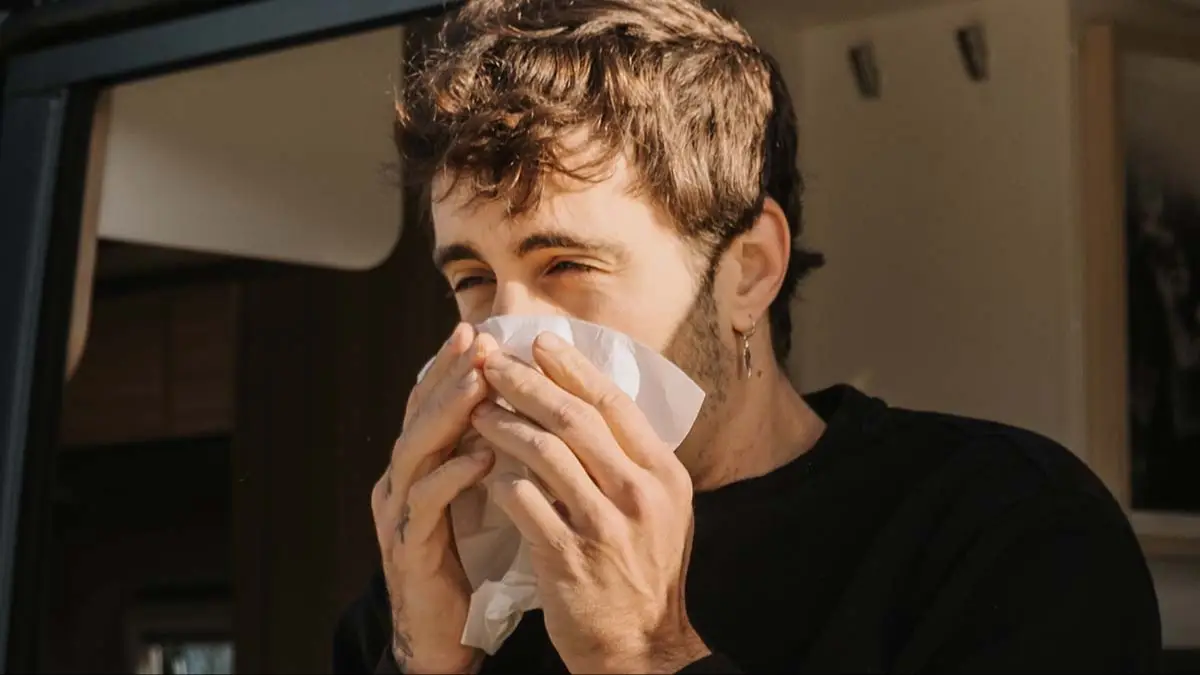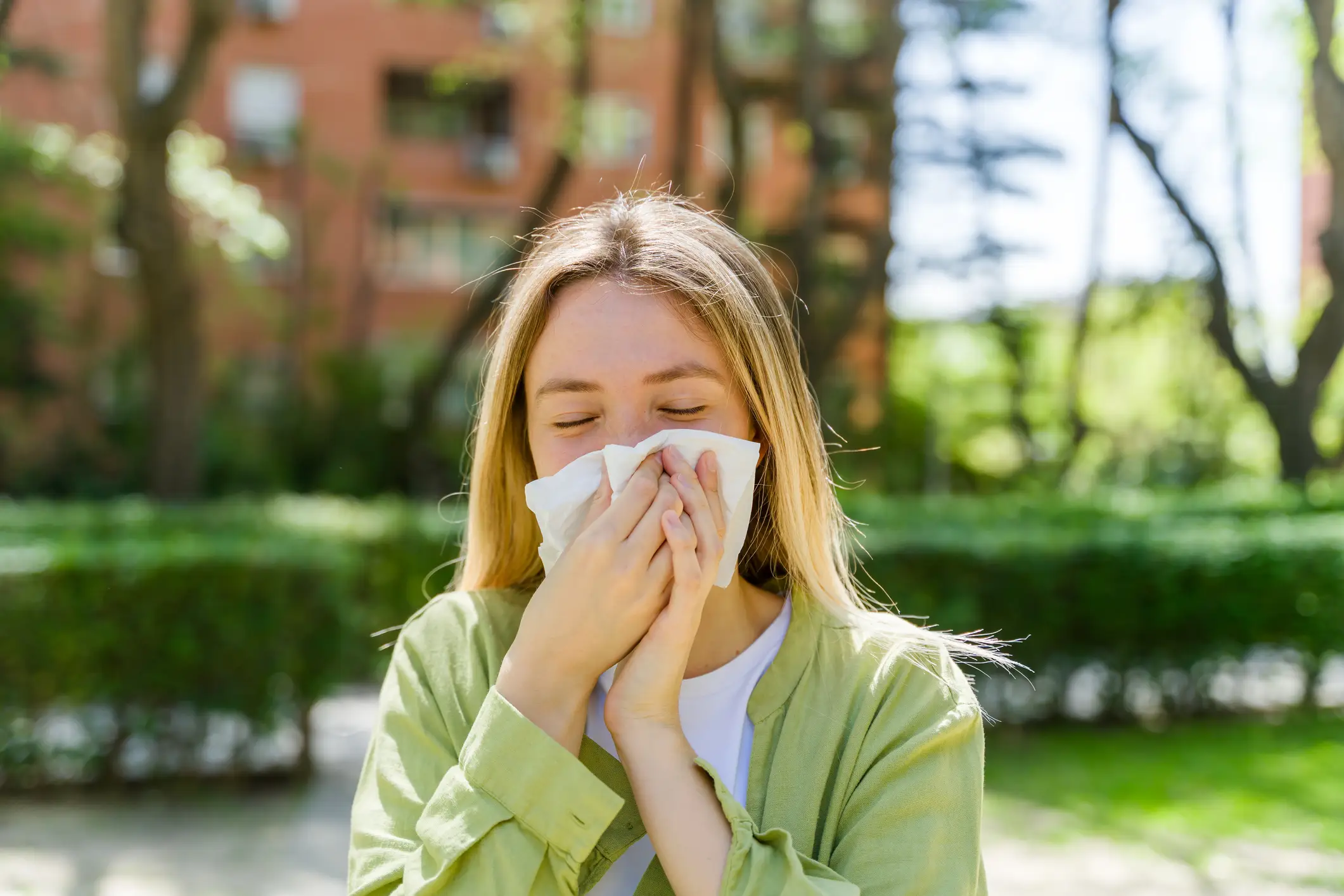
A new study has revealed a link between high pollen counts and an increased risk of suicide.
High pollen counts are known to trigger symptoms in people suffering from hay fever and other seasonal allergies. As well as being generally irritating, sufferers typically face either a runny or blocked nose, sneezing and watery, itchy eyes.
At the more severe end, the Asthma and Allergy Foundation of America lists congestion, wheezing, and other breathing difficulties, especially for people with asthma.
Now, scientists say the unbearable symptoms correlate with suicides in as many as 1,200 people every year. The research further suggests there is even a rise in suicides when pollen levels are at their highest points.
Advert
Joelle Abramowitz, associate research scientist at the University of Michigan’s Institute for Social Research, explained why the horrific symptoms could contribute to adversely affect people's mental health.

In a press release, she said: "A small shock could have a big effect if you’re already in a vulnerable state. We looked specifically at pollen from all different kinds of plants, including trees, weeds and grasses.”
Scientists compared pollen counts alongside data from the National Violent Death Reporting System between 2006 and 2018.
This period was significant due to there being almost 500,000 suicides across the US.
Abramowitz continued: "Based on our incremental data, we estimate that pollen may have been a contributing factor in up to 12,000 of those deaths over the period, or roughly 900 to 1,200 deaths per year."
The study, published in the Journal of Health Economics, proposes that this could be due to the debilitating side effects of seasonal allergies.
"Pollen allergies diminish cognitive function and disrupt sleep—predictors of suicidality," the research states.
The Michigan study found that the higher the levels of airborne pollen, the higher the risk of suicide.

They divided levels into four tiers, finding that the suicide risk hiked across each group. Shockingly, suicides increased 7.4 per cent when pollen levels were in the top quartile, the fourth category.
In the second, it increased by 4.5 per cent and 5.5 per cent in the third.
"We should be more conscious of our responsiveness to small environmental changes, such as pollen, and our mental health in general,” Abramowitz said. “Given our findings, I believe medical providers should be aware of a patient’s allergy history, as other research has also established a connection between allergies and a higher risk for suicide.
"I hope this research can lead to more tailored care and, ultimately, save lives.”
Meanwhile, experts say seasonal allergies are known to aggravate mood disorders, including anxiety and depression.
To make matters worse, experts are warning that pollen counts are only getting worse due to climate change and are becoming more potent.
Dr Christina Ciaccio, chief of pediatric allergy and immunology at University of Chicago Medical Center, told PEOPLE: "Climate warming and increased CO2 levels favor pollen seasons that start earlier. And it’s more potent pollen. It seems to be more activating to our immune system.”
Topics: Mental Health, Climate Change, US News, Michigan, Health